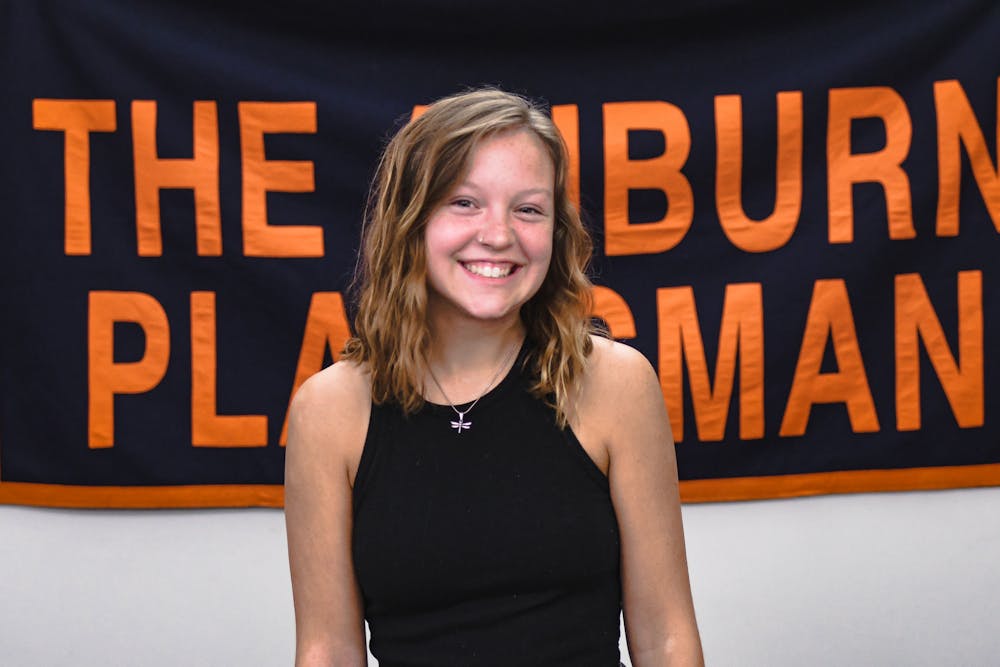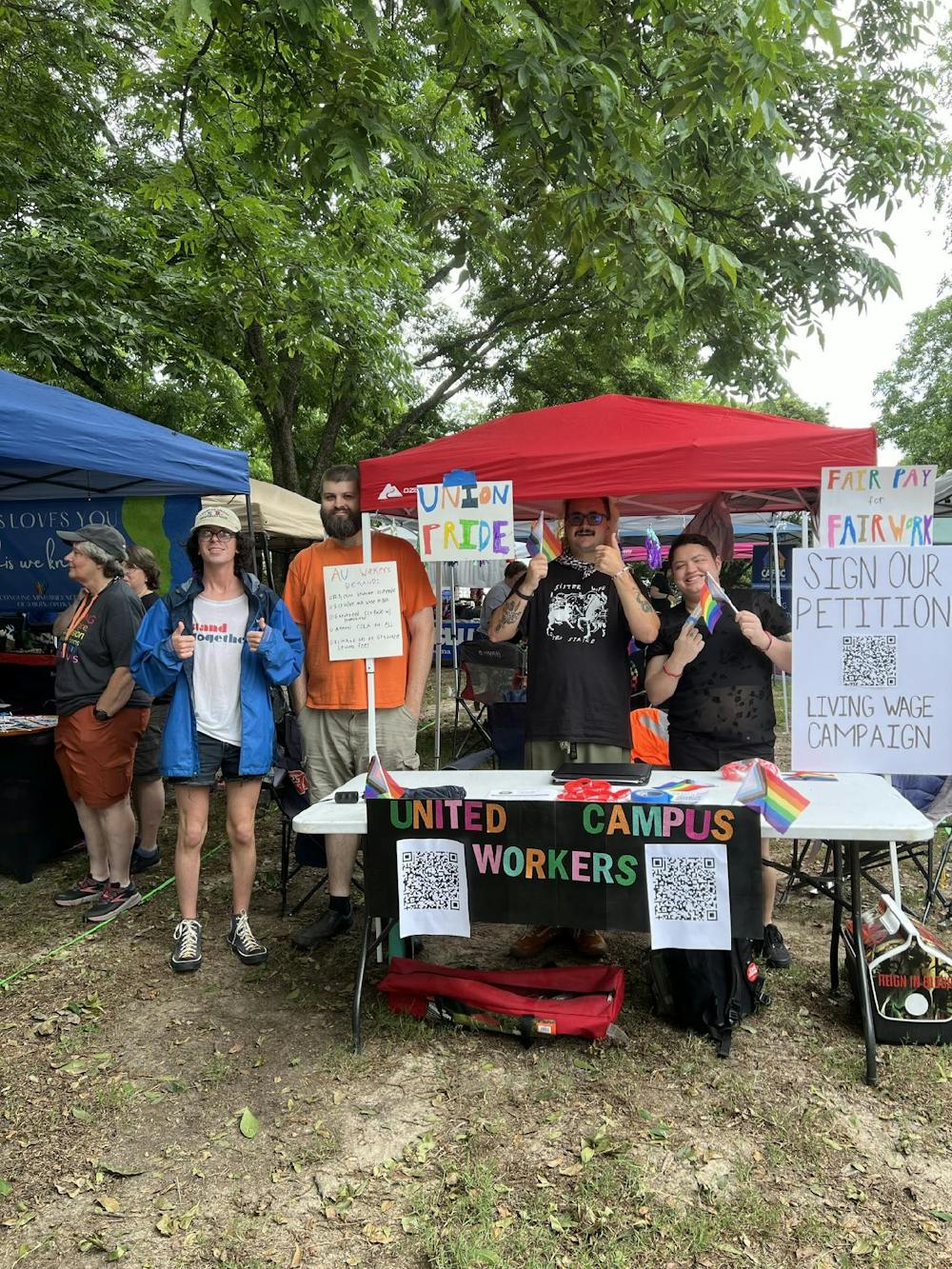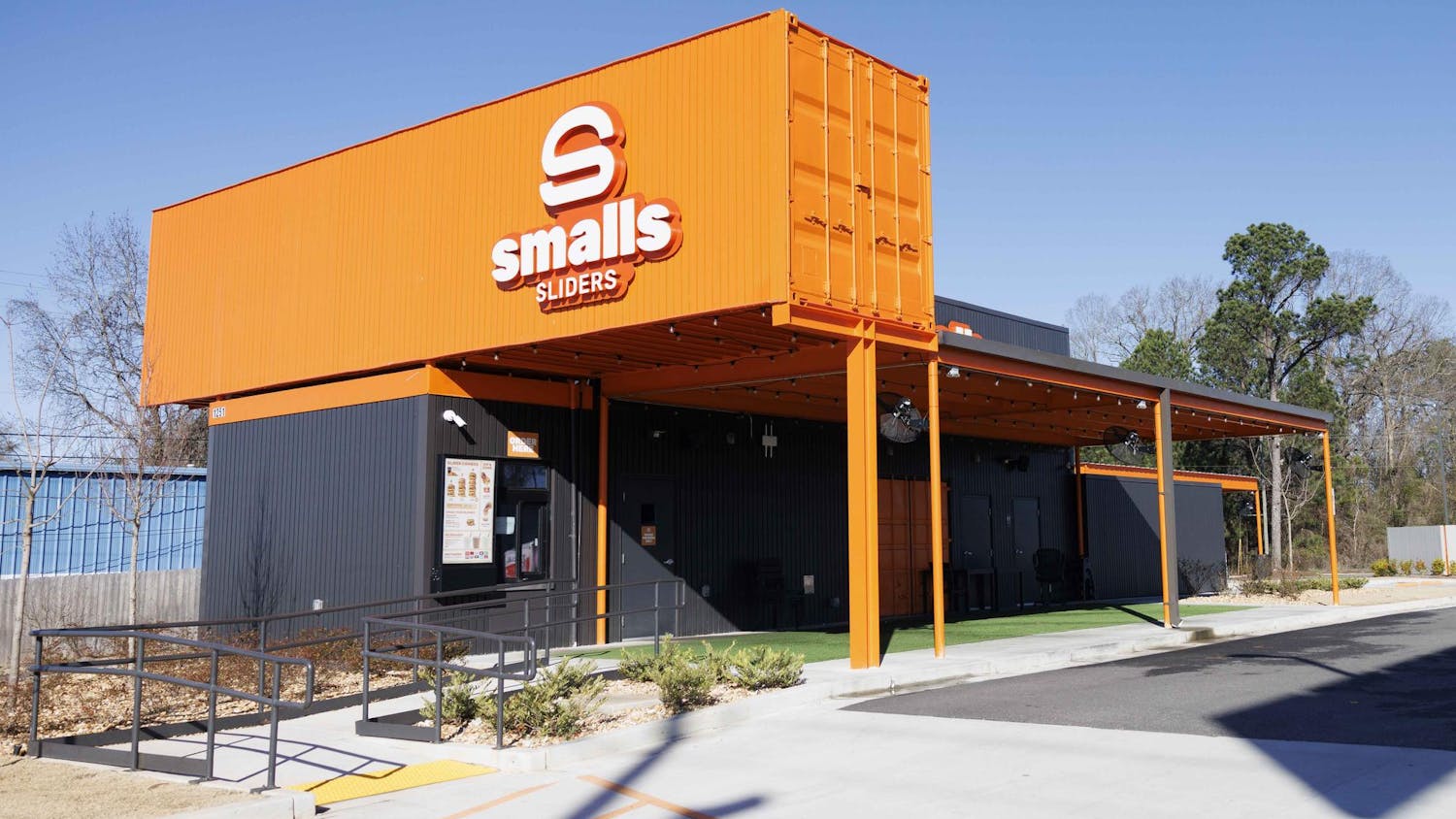The United Campus Workers at Auburn University began in 2019 with the mission of securing fairness and dignity for all of those who work for the university. Its Living Wage Campaign, with the mission of obtaining living wages for all Auburn employees, seeks to do exactly that.
The Living Wage Campaign outlines a list of demands made out to Chief Financial Officer Kelli Shomaker and President Christopher Roberts. The demands, which can be found on their website include separate categories by employee type: graduate students, staff, faculty and promotion-related issues.
UCW-AU’s demands for the Living Wage Campaign focus on the need for adjustments to Auburn employees’ pay due to the high cost of living in Auburn.
With the goal of 500 signatures from Auburn employees themselves, UCW-AU hopes to show Auburn’s administration that change needs to be made on their campus. They currently have 270 signatures in support of their Living Wage Campaign.
To UCW-AU member and Auburn graduate student Otis Williams, equity on Auburn’s campus looks like giving every Auburn employee the ability to afford housing and afford to eat in Auburn. The Auburn Campus Food Pantry is a resource students can use twice a month in order to assist with their needs, but the fact that the pantry exists at all is a sign to Williams that the Living Wage Campaign should be taken seriously by Auburn administration.
“We [Auburn employees] are what makes Auburn great, what makes Auburn what it is, the pride of the Plains,” Williams said. “The fact that Auburn’s grad school has a kind of like long-term running food bank is a wonderful thing, but the fact that it has to exist at all is something that kind of boggles my mind.”
UCW-AU believes that even though Auburn increased its minimum wage to $15 per hour, there are still employees being overlooked for equity in pay. This minimum wage does not apply to part-time employees, and therefore excludes a large population of Auburn’s employees on campus, including student workers.
After speaking with Auburn faculty and community members, Williams noted that the majority of the people he’s spoken to have been in support of the Living Wage Campaign. While tabling at events around Auburn, there was a large swell of attraction around the campaign and a lot of positive feedback from community members.
“We will not go at Auburn’s pace on these [demands],” Williams said. “We’ll do our best to make them actually achievable in a timely fashion.”
Auburn is not the first school in the country or even the SEC to face a very high cost of living for employees, and UCW-AU representatives think the Living Wage Campaign’s demands would serve as a good start for change. Williams likened the struggle for a living wage to other university campuses across the country.
“If Auburn wants to keep the talent they claim to put out, the pride that they claim to have in the Auburn Family, then I feel like they should prove to us all as employees that they do take pride in the work we do," Williams said.
Looking to the future, UCW-AU hopes to focus on improving healthcare for all Auburn employees, an issue WIlliams said university workers were most concerned about second to pay.
“We are the representatives for all the workers on campus,” Williams said. “From tenured faculty to just hourly workers, wherever on campus, as long as you receive a paycheck from Auburn, we represent you.”
Do you like this story? The Plainsman doesn't accept money from tuition or student fees, and we don't charge a subscription fee. But you can donate to support The Plainsman.
Harlee Meydrech, senior in public relations with a minor in business, currently serves as the editor-in-chief of The Auburn Plainsman. She previously served as the assistant managing editor and an editor in the culture section.






